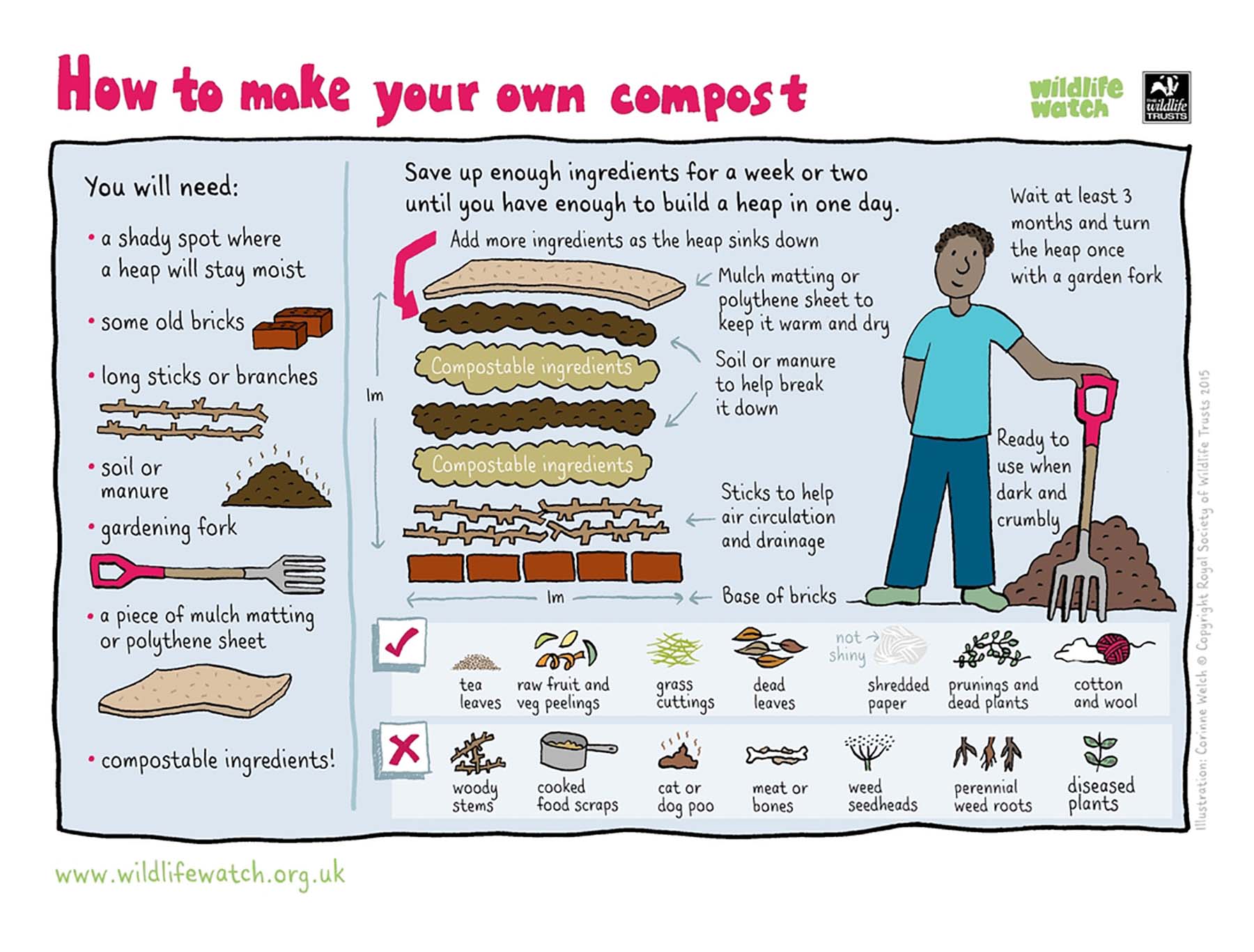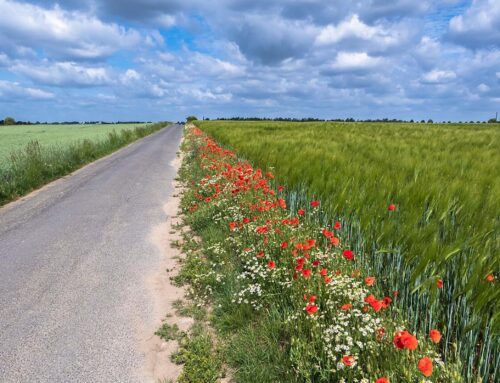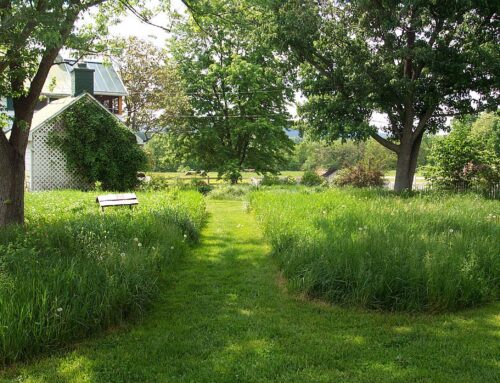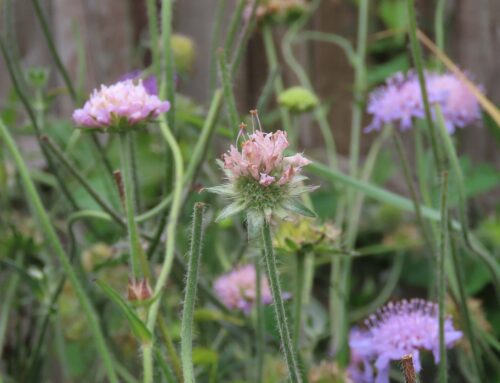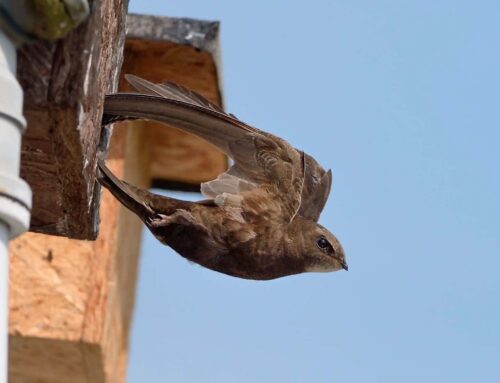Composting for Wildlife
Composting and Compost heaps
When you compost you feed two birds with one scone :)
For one, you reduce the amount of waste going to landfill or the incinerator and instead produce your own compost (which can replace peat, an overexploited precious resource).
At the same time, the compost (heap) in your garden offers a refuge and feeding ground for a host of different wildlife creatures. Hedgehogs will use these ‘scruffy areas’ as South Downs National Park Ranger Jan Knowlson describes them as hibernation spots. Having a compost heap will also attract slow worms, grass snakes, bats, toads, birds and even small mammals, many of whom like to feed on insects and slugs and so gives us a natural form of pest control for our garden space!
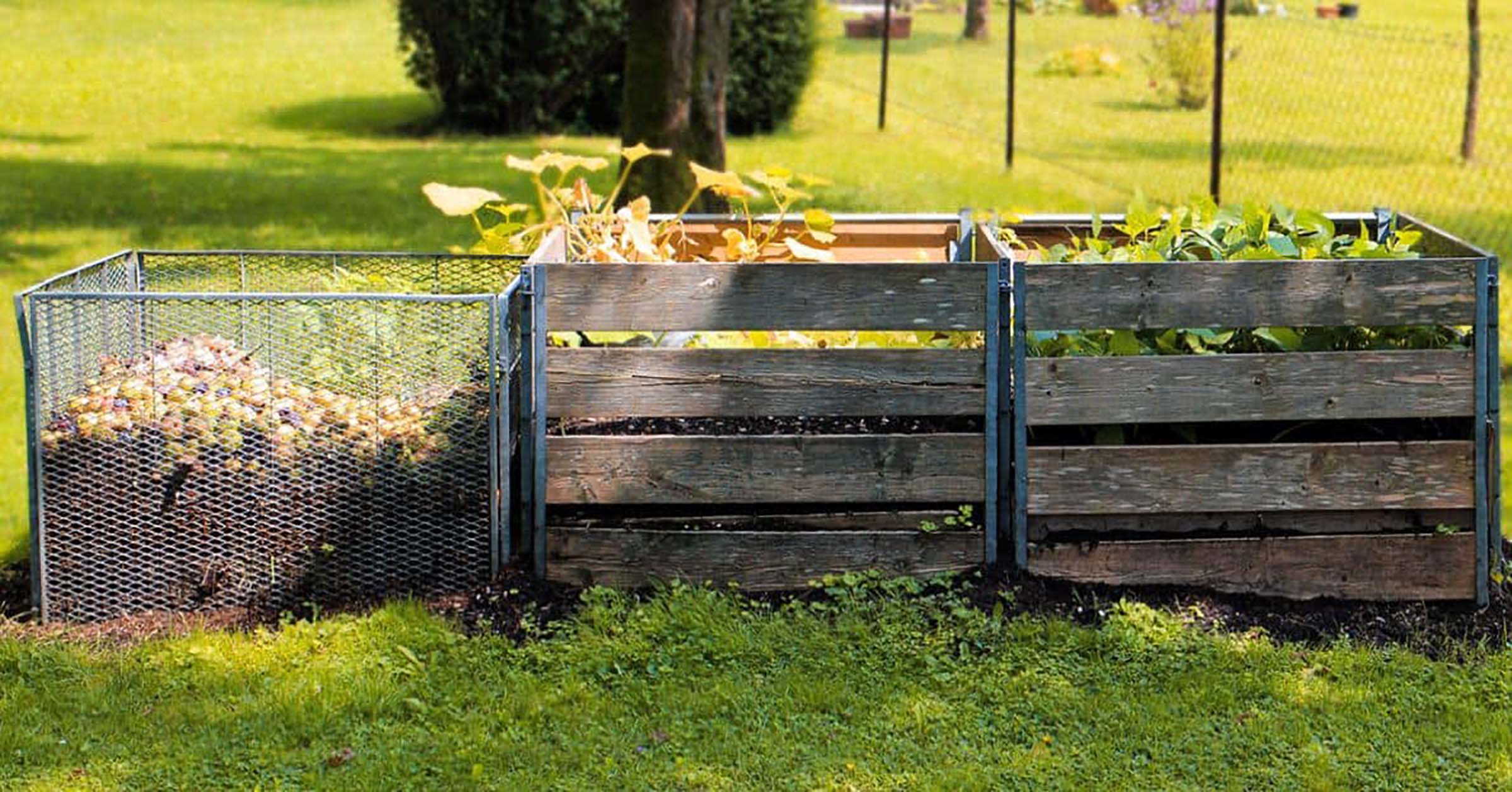
As a resource in your garden, “compost is a rich soil-like material and works wonders around the garden” says the Suffolk Wildlife Trust. “It lightens heavy soils, helps light soils hold more water, feeds plants and helps control diseases” they explain.
All you need for a compost heap to do its job is waste, air and water. As your kitchen scraps and garden waste decompose, your compost heap will generate heat, Jan explains. This creates an ideal habitat for amphibians and reptiles who rely on their surrounding environment to keep them warm as they do not produce their own body heat.
If you’re wondering what to put onto/into your compost heap, the Suffolk Wildlife Trust recommends a “if it can rot, it will compost” approach however they warn that some things should best be avoided see their list here They also explain how to choose the right compost bin, where to put it best and explains the cold heap route and the hot heap route.
Also check out this resource on ‘how to get started’ with your compost heap, what to put into the compost, some top tips and great illustrations.
This website also has a step by step guide to creating a wildlife compost heap in your garden and some further tips.
Follow the link below for some FAQ’s about composting and a great short guide.
Compost heaps / photo via Garden Buildings Direct https://www.gardenbuildingsdirect.co.uk/blog/diy-gardening-10-steps-to-create-your-own-compost-heap. Illustration via Devon Community Composting Network https://dccn.typepad.com/home_compostingpage/why-make-compost.html.

